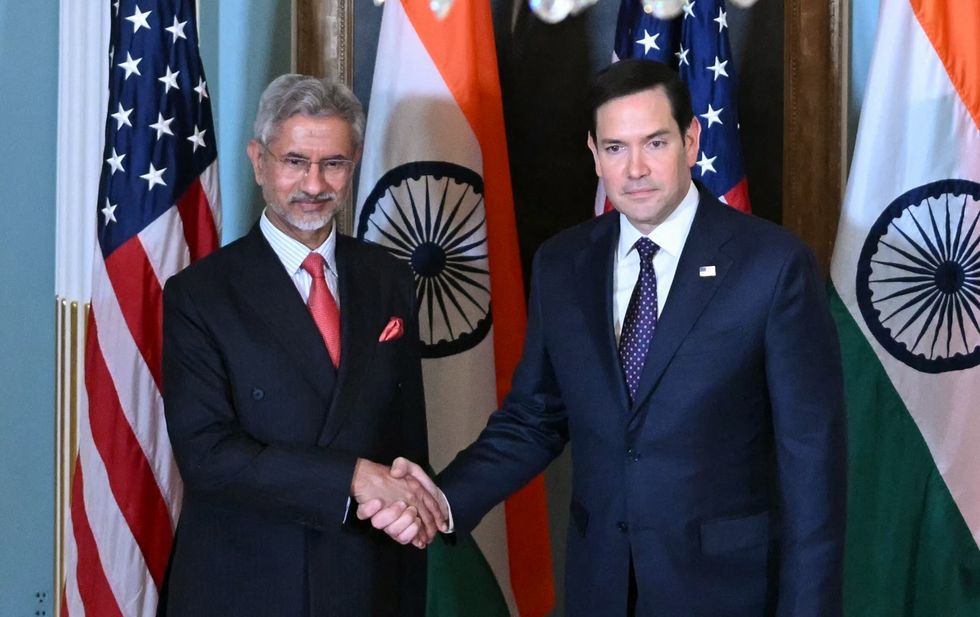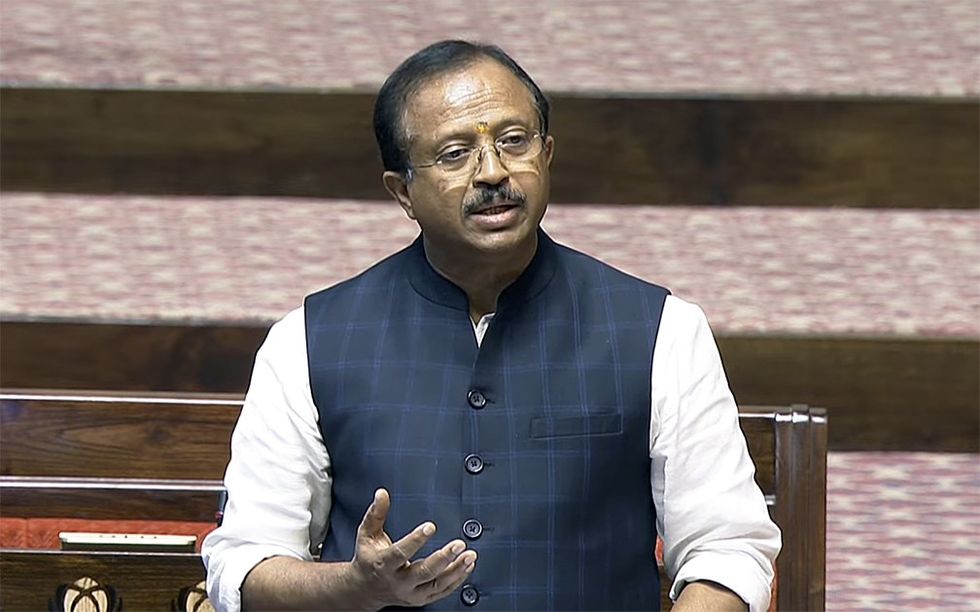British businesses are struggling to fill in vacancies because of a drop in the supply of European Union (EU) nationals following the Brexit vote, a new report has revealed.
The growth of EU nationals in employment halved to just 30,000 in the final quarter of 2016, a survey by the Chartered Institute of Personnel and Development (CIPD) released on Monday (13), showed.
There are currently about 2.26 million EU nationals working in Britain, according to the latest data.
“The survey data… suggest that a fall in the supply of EU nationals may heighten recruitment difficulties in the year ahead,” the CIPD wrote in its Labour Market outlook report.
Additionally, almost three in 10 employers say that non-UK nationals from the EU considered leaving their organisation in the six months to December 2016, the data showed.
That proportion rose to 43 per cent of employers in education and 49 per cent in healthcare sector employers, the survey of more than 1,000 companies found.
Olivia Spruce, operations director at TFS Healthcare, a leading recruitment agency, told Eastern Eye: “We have experienced a reduction in applicants from the EU applying for permanent roles to work with NHS Trusts. They are generally concerned that they do not fully understand or have clarity on what the future holds for EU workers post-Brexit.
“The feedback they are giving is they are reluctant to uproot themselves and their families to re-locate to England, when they don’t fully know if they will be exited as part of the forthcoming changes.”
The CIPD said Britain’s labour market remained strong, but the decision by voters to leave the bloc was likely to force companies to rethink their training strategies as they adjusted to having fewer EU workers in future.
Job vacancies in the UK economy remain well above historic average levels, and the report emphasises that a fall in the supply of EU nationals would hit some industries hard.
These include low-skilled sectors such as wholesale, retail, accommodation and food services as well as human health and social work, which employ large numbers of EU workers.
Spruce said there are approximately 55,000 EU healthcare workers currently working for NHS Trusts across England, which provides a core part of the workforce.
“These staff now feel destabilised, which is further impacting upon already low morale within the NHS.
“It is also causing a huge problem in terms of not just retaining talent, but attracting new talent,” Spruce said.
The recruitment specialist explained that fundamentally, the “sell” to relocate to England was much harder post the Brexit vote, and it was particularly affecting the nursing and NHS sectors.
Gerwyn Davies, labour market adviser for the CIPD, said “with skills and labour shortages set to continue”, there is a risk that many positions will be left unfilled. That, in turn, could “act as a brake on output growth in the UK in the years ahead”.
Separately, another study from networking site LinkedIn highlighted the sharp dip in the number of university-educated international professionals seeking jobs in the UK immediately before and directly after the Brexit vote.
It reflects business fears that a post-Brexit brain drain may be being realised.
The study found that there was an eight per cent drop in interest in London as a destination for young international graduates.
Graduates from EU countries looking for jobs that were based in the UK fell by 18 per cent from May to July last year, the LinkedIn research – which was also published on Monday (13) – revealed.
During the same period, the number of graduates globally looking for a job in the UK fell by 10 per cent.
Nearly 14 per cent of all job searches on the professional networking site were done by UK graduates looking for work abroad.
Josh Graff, vice-president of LinkedIn, said the study, data for which was taken from more than three million people, revealed how Britain’s vote to leave the EU was impacting British businesses and professionals working in the UK.
“While there remains a great deal of uncertainty about what Brexit means for UK businesses, our findings make one thing clear. If British business leaders don’t act now to shore up their talent pipelines for a post-Brexit age, they risk facing interest and skills gaps in the future,” he said.
“It’s therefore vital that businesses work closely with the government to ensure that Brexit negotiations prioritise businesses’ access to top talent from across the globe,” he added.
Prime minister Theresa May, who is expected to start the divorce proceeding with the EU before the end of March, has said she wants to guarantee the rights of EU citizens who are already living in Britain.
But uncertainty over what exactly that would entail and whether any visa restrictions would be enforced is also prompting some EU nationals in the UK to consider relocating.
The issue of immigration was at the heart of the EU referendum campaign last year, in which 52 per cent voted for Britain to leave the bloc.
At the World Economic Forum last month, London mayor Sadiq Khan warned that New York and Asia would be the destinations of choice for banks and firms who were deserting Brexit-bound London.
Some banks have already started shifting jobs from the UK’s capital city to Europe.
After meeting Norway’s prime minister, Khan said he was telling European partners in Davos that “so-called hard Brexit may not benefit London or the UK because firms will leave London, but there’s no guarantee they are going to go to Paris, Madrid, Frankfurt or Berlin”.
“The reality is they’ll probably go to Hong Kong, Singapore or New York. So a so-called hard Brexit could be a lose-lose – a lose for London and the UK, and a lose for the EU too,” he said.
However Apple’s chief executive Tim Cook last week announced that Britain would be “just fine” after it leaves the EU.
“We are very optimistic about the UK’s future and we are all in,” the CEO of the US tech giant said after meeting May and Khan last Thursday (9) during a visit to Britain.
“We’re a big believer in the UK. The UK will be just fine,” Cook said after visiting a coding class at a London primary school.
But he added that he expected “bumps in the road” on the path to Brexit.
Apple announced in September that it would create a London headquarters in the iconic and long-abandoned Battersea Power Station on the banks of the River Thames. (With agencies)

















 US secretary of state Marco Rubio with India’s foreign minister Subrahmanyam Jaishankar in Washington DC last Tuesday (21)
US secretary of state Marco Rubio with India’s foreign minister Subrahmanyam Jaishankar in Washington DC last Tuesday (21) Anit Mukherjee
Anit Mukherjee V Muraleedharan
V Muraleedharan Dr Sasikumar S Sundaram
Dr Sasikumar S Sundaram


 Workers clean communication equipment aboard INS Surat on January 11
Workers clean communication equipment aboard INS Surat on January 11